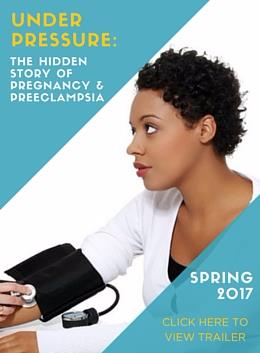Tons of celebs have done it—but should you?
The physician advised the mother to stop consuming the pills, and the baby was sent home after being successfully treated.
But now, concerned parents are wondering just how common is it for placenta pills to become contaminated.
“There is always concern for infection, and there are concerns as to how the placenta is handled and stored post birth,” says Kecia Gaither, M.D., an ob-gyn and maternal fetal medicine physician. There are also no across-the-board standards for encapsulating a placenta, and common methods may not kill all potential pathogens, the CDC report points out.
Beyond that, many doctors are skeptical of the alleged health benefits of ingesting placenta pills. “I tell patients that there is no hard scientific data addressing the benefits,” says Gaither. In fact, a 2015 Women’s Mental Health review of 10 human and animal studies looking at the benefits of eating placenta didn’t identify any physical or psychological perk to the pills, including boosting energy or improving recovery.
“We don’t have enough evidence to say that taking it works as well or more effectively than other things like psychotherapy,” says Crystal Clark, M.D., assistant professor of psychiatry and behavioral sciences at Northwestern University Feinberg School of Medicine, who co-authored the 2015 study. Other methods, like being treated early if you have a history of depression and building a support team around you (asking for help, seeking out childcare) are things that you can do to reduce your risk of postpartum, she adds. (Learn how bone broth can help you lose weight with Women’s Health’s Bone Broth Diet.)
Gaither agrees, adding, “I don’t tell women not to indulge in eating their placenta, but I give them information to investigate before they ingest it.”
Still, the CDC stands by its report, writing that “no standards exist for processing placenta for consumption” and that “placenta capsule ingestion should be avoided.”






